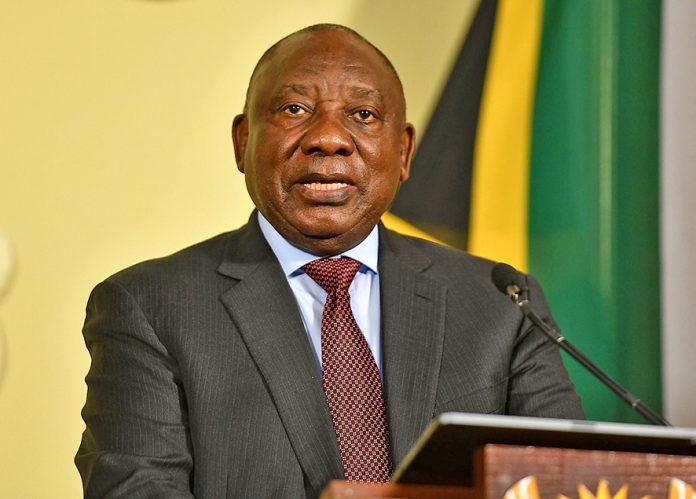A collective response is crucial to solving global food and energy crises, according to President Cyril Ramaphosa, who is advocating for the African Union (AU) to have permanent seats at the G20 forum.
Ramaphosa was speaking during the working session on food and security at the G20 Annual Leader’s Summit in Bali, Indonesia.
G20 is an intergovernmental forum that addresses issues around the global economy, climate change mitigation, and sustainable development. The forum consists of 20 countries. Currently, South Africa is the only African country with a seat at the forum.
Addressing food insecurities, Ramaphosa said the people of Africa and other developing states are going hungry due to factors like the aftermath of the Covid-19 pandemic and the Russian invasion of Ukraine, among others.
“In Africa, as in many other parts of the developing world, millions of people are going hungry. Global food insecurity is getting worse. There are several reasons for this,” he said.
“The recovery from the Covid-19 pandemic has been uneven and inadequate. Climate change has increased the frequency and severity of droughts, floods and wildfires, disrupting agricultural production and supply. The conflict between Russia and Ukraine has hiked global prices of fuel, fertilisers, edible oil, sugar and wheat.”
Ramaphosa is concerned that the burden of food insecurity is mostly carried by the low- and middle-income states, noting that there is a need for “substantial financial support to ensure food security and tackle the effects of climate change”.
“With this support, low- and middle-income countries can invest in climate-smart agriculture, sustainable food production systems, and climate change early-warning systems.
“Trade restrictions are a major source of risk for global food price stability. We, therefore, support the call for multilateral trading systems that are transparent, inclusive, predictable, and rules-based.”
He explained further: “We call for continued G20 support for the African Renewable Energy Initiative as a means of bringing clean power to the continent on African terms. In this regard, this can be best achieved with the African Union joining the G20 as a permanent member.
“It is only through a collective and united response that we can resolve the challenges of food and energy insecurity across our world.”
Ramaphosa also grumbled about the slow progress of negotiations held at the 2022 United Nations Climate Change Conference of Parties (COP27), noting that there are commitments that need to be honoured by industrialised states.
“We are, however, concerned at the lack of progress on key issues in the multilateral negotiations at COP27, especially with respect to loss and damage, finance, technology, capacity building, adaptation, and the just transition.”
He said the outcomes of the COP27 conference and the G20 summit must endorse the principles of equity and “common but differentiated responsibilities and respective capabilities”.
“Industrialised countries in the G20 need to demonstrate more ambitious climate action, and must honour their financial commitments to developing economies.
“South Africa will continue to contribute its fair share to the global climate change effort through a just transition that supports sustainable development,” he added.
Follow @SundayWorldZA on Twitter and @sundayworldza on Instagram, or like our Facebook Page, Sunday World, by clicking here for the latest breaking news in South Africa. To Subscribe to Sunday World, click here.



